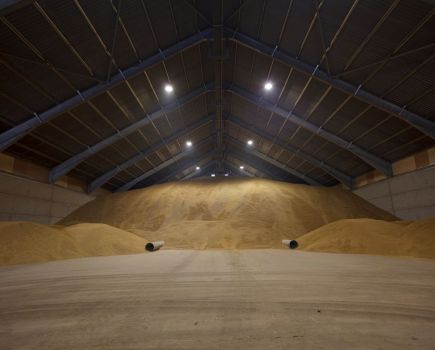The Crop Protection in Southern Britain conference takes place this year in Brighton on 12-13 Nov, and has a focus on dissemination to advisers and practitioners.
What’s more, for the first time it runs alongside the BCPC Congress (13-14 Nov), so anyone with an interest crop protection, and looking to find out how the UK Agriculture Bill, the threat of glyphosate withdrawal and Brexit will play out will likely find registering for both well worthwhile.
Papers range in content from those with a high biological science focus, to those that report new options for chemical or non-chemical control approaches to weed, pest and disease management in crops. Highlights of a packed programme include:
Focusing on fungicides – an insight into what’s set to come to commercial crops over the next 18 months, and control of ramularia in barley. Looking below ground, papers will also explore clubroot and Rhizoctonia solani.
Grappling with grassweeds – the conference has a tradition of breaking new ground on blackgrass control. This year, papers will look at the impact of stubble cultivations and changes in blackgrass populations. The presence and distribution of brome is featured.
Post-neonic pest control – arguably one of the greatest challenges facing oilseed rape growers, with resistance and non-chemical control methods high on the agenda. Implications for non-flowering crops are also explored.
Non-chemical crop protection – Integrated pest management takes centre stage, with what’s set to be a fascinating insight into allelopathy and the competitive ability of hybrid barley. There’s a paper the latest findings on verticillium wilt.
The AAB conference, sponsored by Adama, will have four sessions on Mon 12 Nov at the Mercure Brighton Seafront hotel, and then share two plenary sessions with the BCPC Congress on the morning of Tues 13 Nov at the nearby Brighton Hilton Metropole hotel. The AAB conference dinner takes place on Mon with a complimentary pre-drinks reception.




